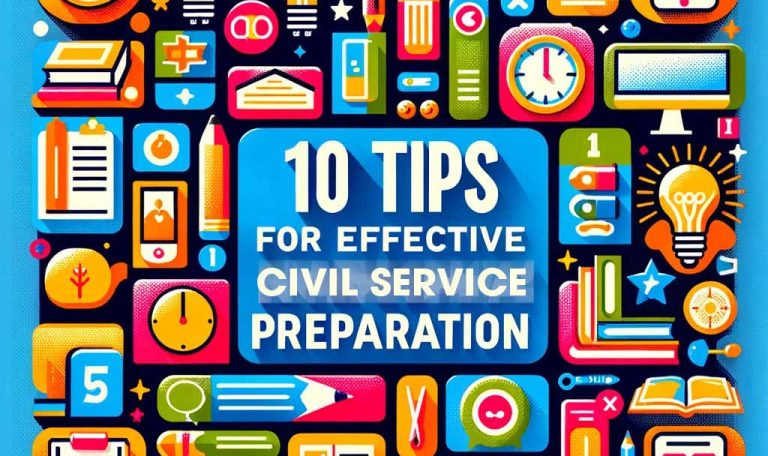In the heart of public service lies a commitment to serve with integrity and accountability. The Civil Service Code of Conduct is not just a set of guidelines but the backbone of ethical public administration. This article aims to demystify this crucial code, shining a light on its importance and the key principles it upholds.
Why the Code Matters
Have you ever wondered what keeps the machinery of government running smoothly and ethically? In an era where public trust in government institutions faces challenges, the Civil Service Code of Conduct stands as a beacon of integrity. It serves as a moral compass for civil servants, guiding them in their daily decisions and actions. By adhering to this code, civil servants not only uphold the law but also foster public confidence in their work.
A Brief History
The concept of a code of conduct for civil servants is not new. It has evolved over centuries, reflecting the changing expectations of society and the evolving role of public servants. From the strict bureaucratic systems of ancient civilizations to today’s dynamic governance models, the underlying principle has always been the same – to serve the public with fairness and honesty.
Key Principles of the Code
- Integrity: At the core of the code is integrity. Civil servants are expected to make decisions based on public interest, not personal gain. This principle is crucial in maintaining trust and credibility.
- Impartiality: The code mandates impartiality in service delivery. Civil servants must ensure that their personal beliefs or affiliations do not influence their professional duties.
- Accountability: Accountability is integral to public service. Civil servants are accountable not only to their superiors but also to the public they serve. This principle ensures transparency and responsibility in their actions.
- Respect for Others: Upholding dignity and respect in all interactions is a key tenet of the code. This includes a commitment to diversity and equality.
Bringing the Code to Life with Real-world Examples
To illustrate these principles, let’s dive into a real-life scenario. Imagine Sarah, a dedicated civil servant in the Department of Health. She is faced with a decision that could inadvertently favor a company owned by her brother. In this situation, the principles of integrity and impartiality come into play. Sarah chooses to recuse herself from the decision-making process, thereby upholding the code’s standards and reinforcing public trust in her department.
Now, consider John, a civil servant who receives a complaint about a service his department provides. Instead of dismissing the complaint, John acknowledges it and takes the necessary steps to address the issue, exemplifying accountability and respect for others.
Engaging with the Code
As a reader, think about how these principles apply to your understanding of public service. Can you recall any instances where you’ve witnessed these principles in action? How did it impact your perception of government services?
Conclusion
The Civil Service Code of Conduct is more than a set of rules; it’s a commitment to ethical excellence in public service. As we navigate the complexities of modern governance, this code serves as a crucial guidepost, ensuring that our civil servants operate not just with efficiency, but with moral clarity and responsibility. In a world that’s rapidly changing, the constant adherence to these principles is what helps maintain a stable, trustworthy, and effective government.
Remember, the strength of a civil service is not just in its policies and procedures, but in the unwavering ethical commitment of its individuals. Each decision, no matter how small, contributes to the larger tapestry of public trust and effective governance.





0 comments